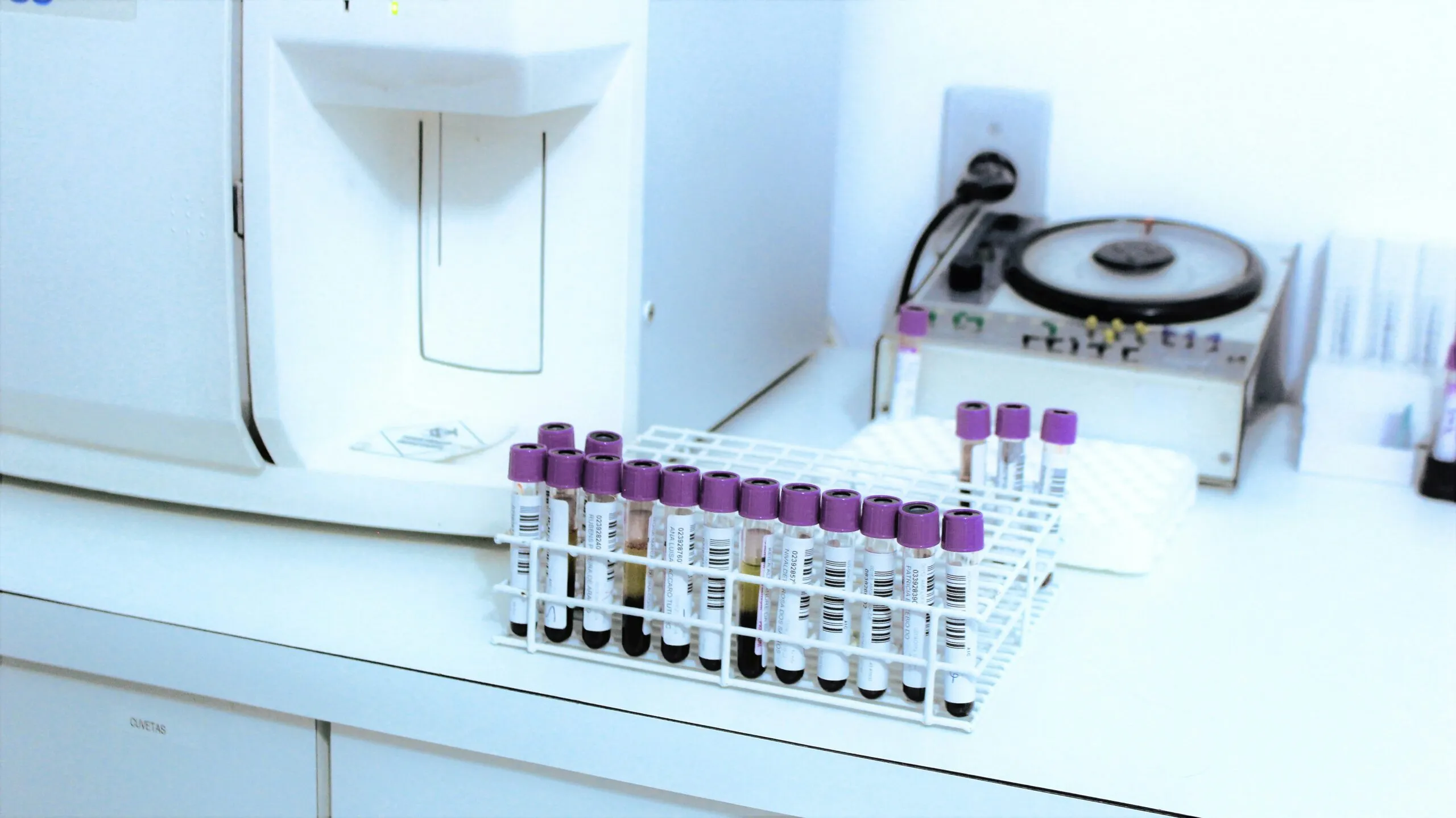Resources

Over the last decade, a growing body of research has asked a simple question: when addiction care moves online, do outcomes suffer, stay the same, or improve? The answer is increasingly clear, virtual treatment is at least as effective as in‑person care for many people, and in some cases leads to better engagement and retention, two of the strongest predictors of long‑term recovery. Read More

The “Triple Crown of Drinking”: Thanksgiving, Christmas, and New Year’s Eve From Thanksgiving through New Year’s, many people drink significantly more than they do the rest of the year, sometimes doubling their usual intake. Surveys suggest the average American increases alcohol consumption by more than a quarter during the holiday… Read More

"By expanding training in evidence-based psychodynamic treatments, we offer patients and clinicians proven tools that address the real complexities of addiction and co-occurring conditions.”— Sarah Church, Ph.D., CEO & Founder, Wholeview Wellness Read More

Women face unique and heightened risks when it comes to alcohol use. Research shows that women often progress more rapidly from their first drink to developing alcohol-related problems—a phenomenon known as “telescoping.” Even when drinking less or for a shorter period than men, women tend to experience more severe health consequences, including cognitive decline, organ damage, and increased risk of liver disease, heart problems, and certain cancers. Alcohol also poses serious risks during pregnancy, making awareness and tailored prevention strategies especially important for women’s health. Read More

At Wholeview, our medical providers use pharmacogenetic testing to help personalize medication plans for patients with mental health conditions. This process begins with a simple cheek swab collected at home, which is then analyzed in a lab to identify genetic variations that affect how patients metabolize and respond to medications. The resulting report categorizes medications into groups based on their likely effectiveness and risk of side effects.
Pharmacogenetic testing can speed up the process of finding the right psychiatric medication, which is especially valuable for patients with both substance use and mental health disorders. By reducing the trial-and-error period, patients may experience quicker symptom stabilization and improved adherence to treatment. However, genetic testing is used as a supplementary tool alongside thorough clinical evaluations and is not a standalone solution. At Wholeview, we integrate this testing into a broader care approach, including therapy and behavioral interventions, and ensure patients are fully informed about its benefits and limitations before proceeding. Read More

By Dr. Sarah Church, Founder and Executive Director of Wholeview Wellness As a clinical psychologist with over two decades of experience in mental health and addiction treatment, I’ve witnessed how profoundly meditation can transform lives. Beyond its calming effects, meditation can reshape the brain, offering both psychological and physiological benefits. Read More

What Are Opioids? Opioids are a class of drugs that relieve pain but also carry a high risk of addiction. They include prescription painkillers like oxycodone and hydrocodone, as well as illegal drugs like heroin and synthetic opioids like fentanyl. The National Institute on Drug Abuse (NIDA) defines them this… Read More

What Is Alcohol Addiction? Alcohol addiction, sometimes called alcohol use disorder (AUD), is a chronic, relapsing brain disease that causes people to consume alcohol despite its negative consequences. According to the National Institute of Alcohol Abuse and Alcoholism, alcohol addiction includes: Compulsive drinking Dependence Withdrawal symptoms when alcohol use… Read More

Behavioral addictions are similar to substance use addictions, except with behavioral addictions a person compulsively engages in a behavior or activity, rather than using a substance problematically. Like substance use disorder, the compulsion for behavioral addiction is driven by a dysfunction of the brain’s reward networks, especially the dopamine system. Read More